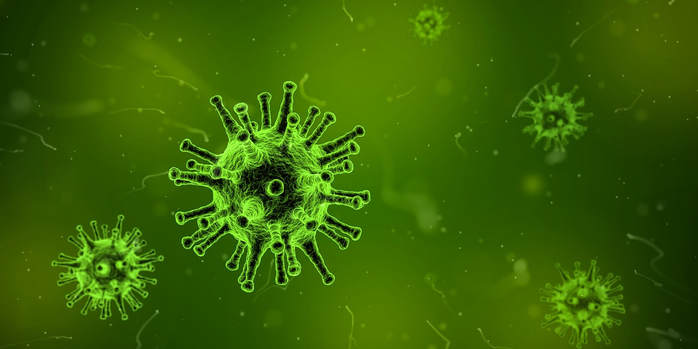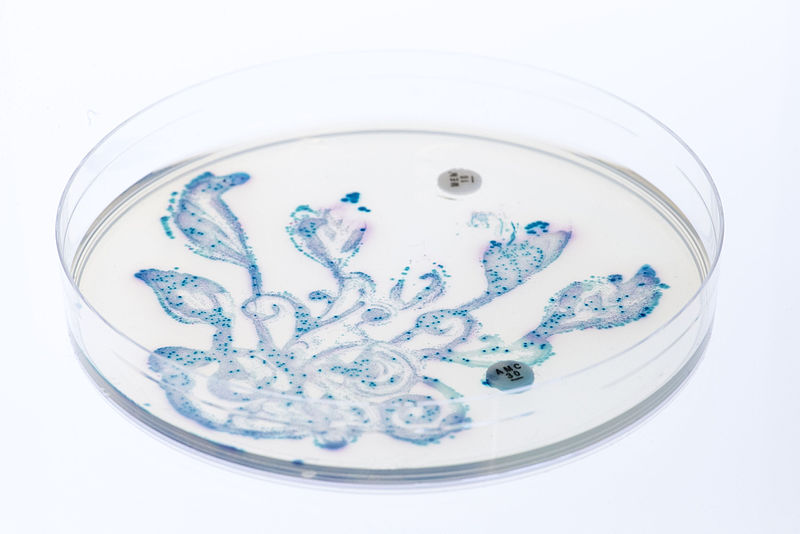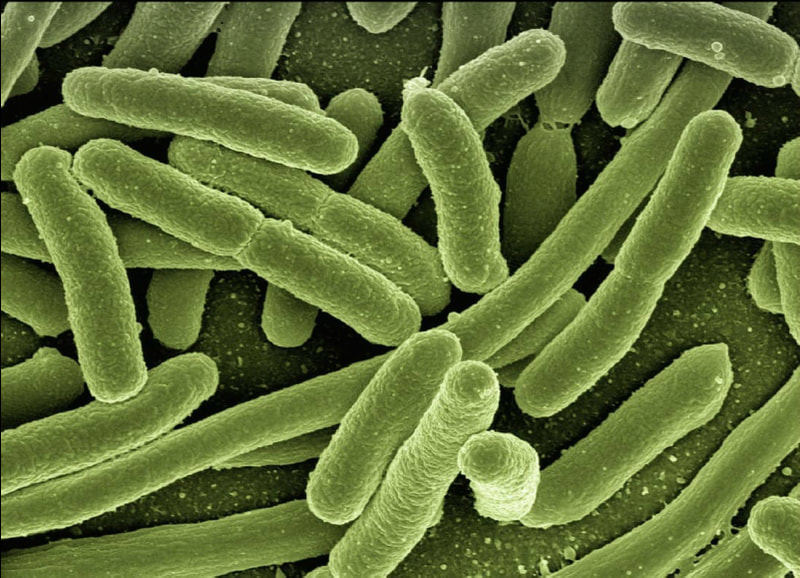The Secret to Losing Weight May Be Found in the Intestines
Nationally, more than 1/3 of the U.S population is obese, and that number is on the rise. Obesity is a chronic inflammatory disease that poses a major public health issue. It increases the risk of more than 30 other health conditions such as diabetes and cardiac arrest. Obesity is defined as excess adipose, or fat tissue on the body. This epidemic has given rise to a multitude of various fad diets, workout regimes, and medications claiming a solution. Recently, scientists at Georgia State University may have found important information to help keep that extra weight off.
There is an important link between chronic inflammation and weight gain. Poor habits like eating an unhealthy diet, not exercising, and consuming excess sugar can all contribute to inflammation in the body. This inflammation collects in the body’s fat cells as they increase in size from extra adipose tissue. However, there are some ways that the body is able to lower inflammation naturally to prevent harmful illnesses like obesity.
There is an important link between chronic inflammation and weight gain. Poor habits like eating an unhealthy diet, not exercising, and consuming excess sugar can all contribute to inflammation in the body. This inflammation collects in the body’s fat cells as they increase in size from extra adipose tissue. However, there are some ways that the body is able to lower inflammation naturally to prevent harmful illnesses like obesity.
Image Source: qimono
The intestines are lined with millions of microorganisms that play an important role in immune function, the production of some vitamins, and weight regulation. Most notably, they help prevent inflammation in the body. Considering these microbes are live organisms, they fluctuate in functionality depending on the things that they eat. Therefore, it is important to keep these microorganisms thriving within the intestines. Researchers at Georgia State aimed to gather more information on how the health of the microbes in the intestines can fluctuate depending on the food provided to them.
Their study compared the adipose levels of mice that were fed a high-fiber, high-fat diet and of mice that were fed a low-fiber, high-fat diet. Comparing across the two groups, there was a notable increase in fat tissue among the mice that were fed a low-fiber diet. This finding could be explained by the fact that the microbes living in the intestines feed off dietary fiber, a bulky indigestible food group. This fiber allows for these microbes to prosper and function at full capacity.
Dietary fiber is best known to be beneficial to the digestive system. It is made up of indigestible components that adds bulk to food as it moves through the intestines. It is commonly noted that fiber improves bowel health and prevents constipation. However, this study illuminated the amazing effects that fiber can have on gut microbiota. By nourishing and protecting these microorganisms, they are able to improve immune function, lower inflammation, and, ultimately, prevent weight gain.
Since researchers have been able to confirm the importance of dietary fiber, it is important to incorporate fiber-rich foods in the diet of those suffering with obesity. This simple, yet overlooked, aspect of weight loss can not only help reduce adipose tissue but also enhance the immune system health of the entire body.
Their study compared the adipose levels of mice that were fed a high-fiber, high-fat diet and of mice that were fed a low-fiber, high-fat diet. Comparing across the two groups, there was a notable increase in fat tissue among the mice that were fed a low-fiber diet. This finding could be explained by the fact that the microbes living in the intestines feed off dietary fiber, a bulky indigestible food group. This fiber allows for these microbes to prosper and function at full capacity.
Dietary fiber is best known to be beneficial to the digestive system. It is made up of indigestible components that adds bulk to food as it moves through the intestines. It is commonly noted that fiber improves bowel health and prevents constipation. However, this study illuminated the amazing effects that fiber can have on gut microbiota. By nourishing and protecting these microorganisms, they are able to improve immune function, lower inflammation, and, ultimately, prevent weight gain.
Since researchers have been able to confirm the importance of dietary fiber, it is important to incorporate fiber-rich foods in the diet of those suffering with obesity. This simple, yet overlooked, aspect of weight loss can not only help reduce adipose tissue but also enhance the immune system health of the entire body.
Featured Image Source: PublicDomainPictures
RELATED ARTICLES
|
Vertical Divider
|
Vertical Divider
|
Vertical Divider
|






